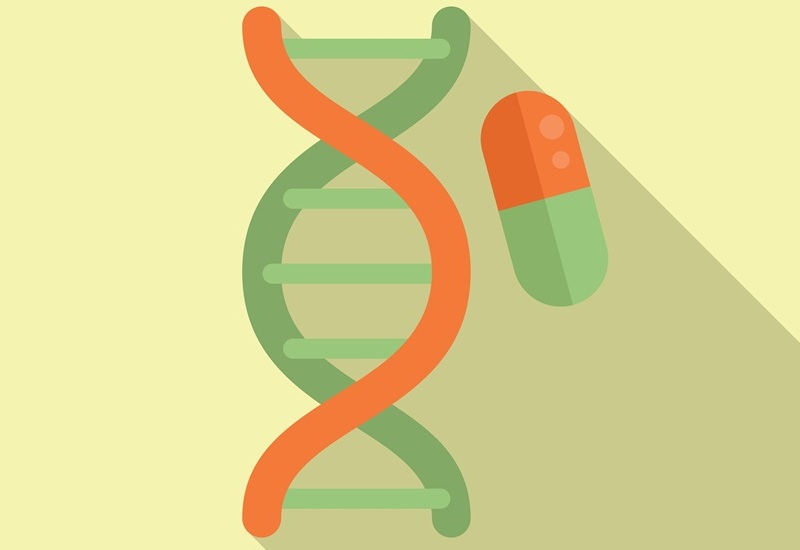New DNA Test Diagnoses Bacterial Infections Faster and More Accurately
Posted on 14 Mar 2025
Antimicrobial resistance has emerged as a significant global health threat, causing at least one million deaths annually since 1990. The Global Research on Antimicrobial Resistance (GRAM) Project warns that, without swift intervention, drug-resistant infections could lead to more than 39 million deaths between now and 2050. Now, researchers have developed a DNA sequencing technique that can be used directly in hospitals to diagnose bacterial infections with greater speed and accuracy. This advancement promises to allow doctors to provide better-targeted treatments sooner, offering patients faster recovery, fewer complications like sepsis, and a reduced risk of spreading infections to others.
The technology, developed by the Medicines and Healthcare Products Regulatory Agency (MHRA, London, UK) in collaboration with Barts Health NHS Trust (London, UK), is currently being tested to prevent hospital outbreaks of antibiotic-resistant 'superbugs' — an escalating global problem. As outlined in a publication in Frontiers in Cellular and Infection Microbiology, this DNA sequencing method can reliably identify the bacterial causes of infections and determine the most effective antibiotics for treatment. With results available in just two days, this method is a significant improvement over traditional approaches, which can take up to seven days or, in some cases, as long as eight weeks.

Since September 2024, more than 2,000 patient samples have been analyzed across seven London hospitals using this new method. The aim is to make rapid DNA sequencing a standard tool in NHS hospitals, providing faster and more accurate infection testing for patients nationwide. This study is the first large-scale clinical validation of its kind in the UK, and one of the first globally, testing DNA sequencing technology for diagnosing a broad range of infections. By directly analyzing bacterial genetic material, this approach allows for much faster and more accurate infection detection, including those that are more complex. This will enable earlier and more precise diagnosis and treatment, especially for critically ill patients.
The key to the success of this initiative is the MHRA’s development of reference materials — carefully regulated samples recognized by the World Health Organization, ensuring reliable and consistent diagnoses for patients. The MHRA is now working on standardizing the technology to support its wider adoption across the NHS. This could allow more hospitals to benefit from rapid, accurate bacterial infection diagnostics, reducing unnecessary reliance on broad-spectrum antibiotics. Furthermore, this technology holds potential for combating antimicrobial resistance and managing future hospital outbreaks. Efforts are now focused on optimizing and standardizing this DNA sequencing service to enable its replication in other settings, thereby accelerating the detection of pathogens and identifying antimicrobial-resistant strains more efficiently.
“This groundbreaking use of the technology in hospitals will cut diagnosis times down from weeks to just two days enabling doctors to provide the right treatment faster and saving lives, while also fighting the growing threat of antimicrobial resistance,” said UK Health Minister Ashley Dalton.
Related Links:
MHRA
Barts Health NHS Trust














